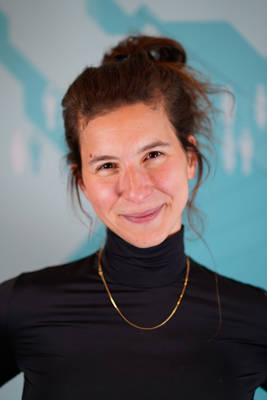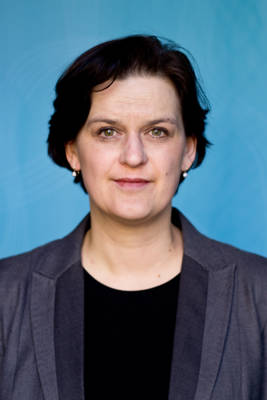“An assault on gender is an assault on democracy” – Judith Butler
In 2020, the Varieties of Democracy Institute reported that, for the first time since 2001, autocracies dominated the international system. By 2025, the United Nations stated that one in four governments worldwide had experienced a backlash against women’s rights. At the heart of the CONTEST project lies an exploration of the relationship between the rise of illiberal regimes and the contestation of gender norms.
Focusing on two illiberal populist regimes in Europe — Hungary and Turkey — the project investigates how support for illiberal agendas is fostered through the mobilization of conservative gender norms, and how these norms, in turn, reinforce illiberal rule. In doing so, CONTEST examines the interplay between the backlash against liberal gender norms and the rise of illiberal populism.
The project employs discourse analysis to explore how illiberal leaders, and their allies contest established gender norms. It investigates, first, how these regimes challenge liberal gender norms, and second, how civil society groups aligned with them — often supported by the state — promote alternative gender roles and values.
An emerging trend is the increasing influence of religious conservative movements and political parties that invoke tradition and anti-globalization rhetoric to reposition women’s rights within the framework of the family, rather than as individual human rights. Both Hungary and Turkey have an active relationship to the European Union — Hungary as a member state, and Turkey as a long-standing candidate country — yet both increasingly reject the EU’s democratic norms and values, as outlined in the Copenhagen criteria.
A central question guiding this research is: As illiberal values gain traction across Europe, what impact will they have on established liberal gender norms?
Through research on government-organized NGOs (GONGOs) in Hungary and Turkey, the project seeks to understand how liberal gender norms are being reinterpreted to align with illiberal populist ideologies. More broadly, CONTEST analyzes how the contestation of liberal gender norms forms part of a larger power struggle against the established liberal international order and explores the implications of this shift for European Union policy.
The project is funded from 2025 – 2028 through the Norwegian Research Council’s Europe call.









